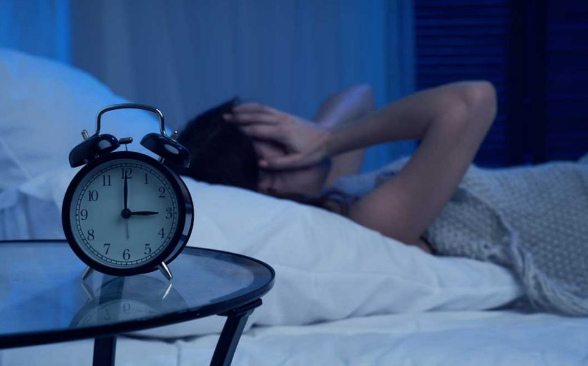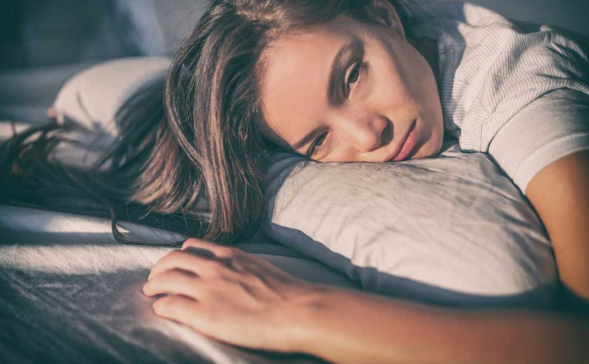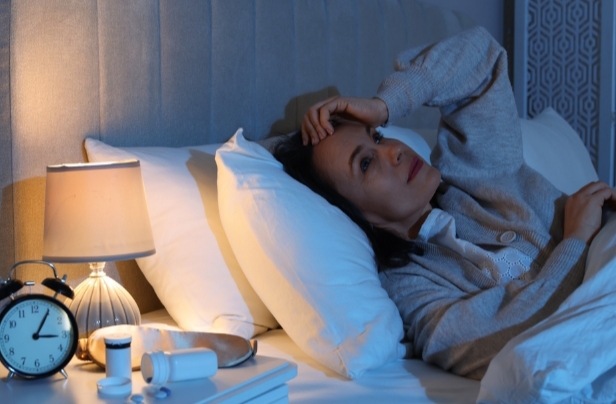What is Depression Insomnia?
Depression and insomnia are two conditions that can often go hand in hand. Depression is a serious mood disorder that affects almost one in ten adults in the United States. It’s characterized by persistent and pervasive sadness or loss of interest, energy, and pleasure.
Insomnia is a sleep disorder that can make it difficult to get the amount of rest you need to feel refreshed and energized the following day. It’s estimated that up to 30 percent of people with depression also have insomnia.
If you’re struggling with depression and insomnia, there are some things you can do to improve your health. Here are five tips for treating Depression and Insomnia together:
Make sure you get enough sleep: Sleeping nine hours or more per night is linked with a lower risk of depression, so make sure to schedule regular bedtimes and stick to them. Try not to watch television or use electronic devices in bed, as these activities can interfere with your sleep.
Reduce stress levels: Stress can cause anxiety and other problems that can lead to depression, so try to reduce your stress levels through relaxation techniques like yoga or meditation. Exercise can also help reduce stress levels.
Symptoms Of Depression And Insomnia?
There are many symptoms of depression and insomnia, which can be difficult to distinguish. To effectively treat depression, it is important to determine the underlying cause. While insomnia may be a symptom of depression, it is not the only cause. Other factors that can contribute include anxiety, stress, poor sleep habits, and biological factors (such as hormone fluctuations). However, if you are experiencing multiple symptoms of depression and insomnia, it is worth considering seeking out medical help. Here are some common symptoms of both depression and insomnia:
•Poor appetite or weight loss.
•Irritability and mood swings.
•Restlessness or pacing around the house or office.
•Excessive tiredness or fatigue despite getting enough sleep.






